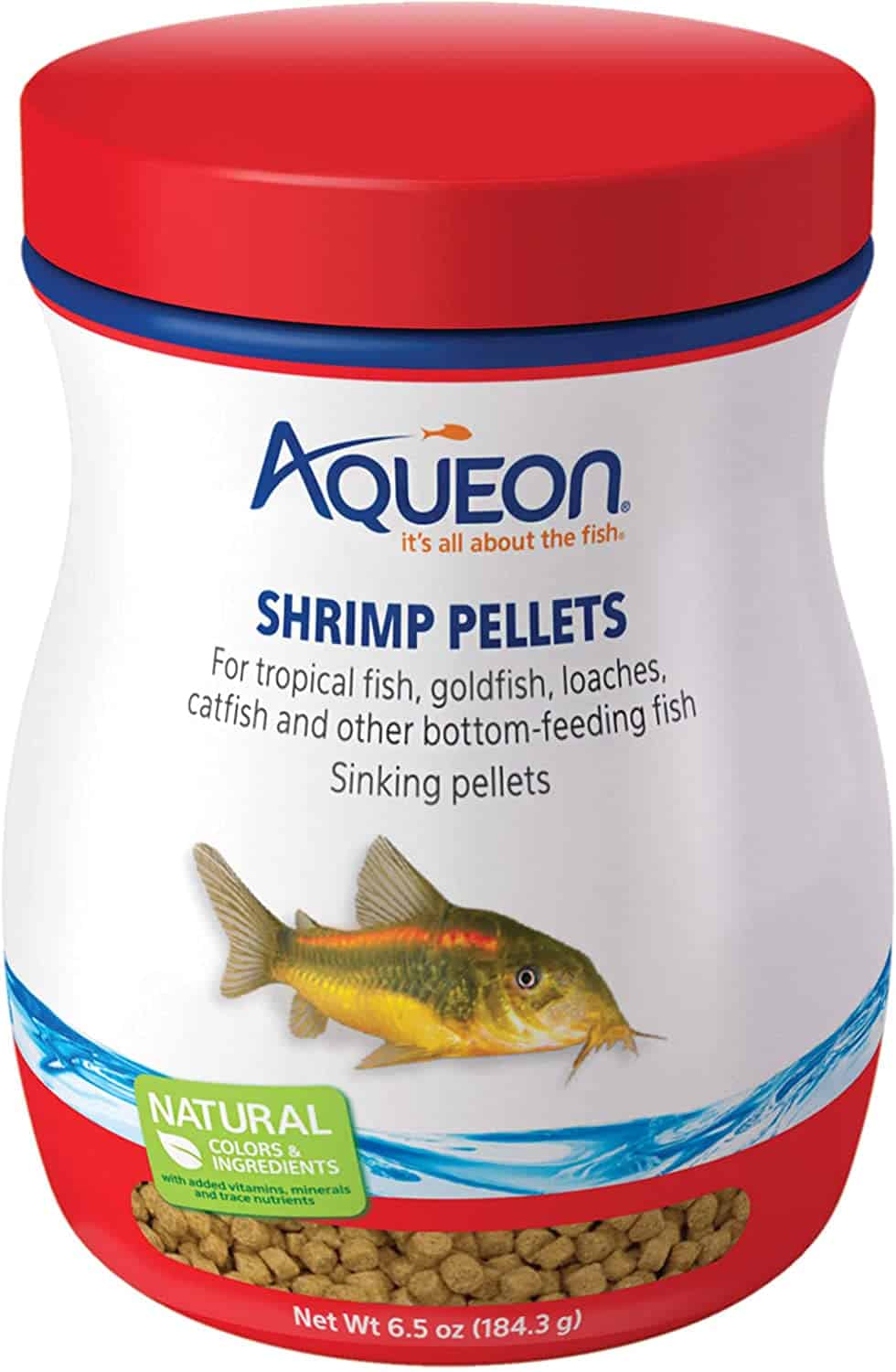
Feed your tropical fish a nutritious diet to bring out their natural colors and vitality. Different species require specific feeding methods and ingredients depending on their size, feeder type and habitat needs.
Tropical Pleco Tablets are specifically formulated for feeding large herbivorous and omnivorous catfish species from the Loricariidae family (Hypostomus plecostomus, Glyptoperichthys gibbiceps, Panaque spp). Astaxanthin improves colouration while zeolite promotes healthy digestive systems while helping remove toxins from fish bodies.
Contents
Flakes
Tropical Flakes are multi-ingredient flakes designed for daily feeding of freshwater fish in aquariums. Packed with natural color enhancers like beta-carotene (which has an almost 100% transfer rate to fish skin), vitamins, and trace elements – as well as 6 percent spirulina as a source of natural carotenoids, vitamins, and active substances which strengthen immunity – Tropical Flakes make ideal food supplements to support freshwater ecosystems.
Tropical Herbivore Flakes are multi-ingredient flakes designed for feeding herbivorous fish in aquariums. Containing natural carotenoids, vitamins and trace elements – in addition to garlic (Allium sativum) extract that stimulates digestion while increasing appetite and helping intensify colors of fish – they offer daily feeding of herbivorous species in aquatic environments.
Tropical Frozen Brine Shrimp Artemia salina Flakes is a multi-ingredient feed consisting of freeze-dried brine shrimp (Artemia salina). They provide essential protein, chitin and natural astaxanthin sources that support fish health while Zeolite promotes proper digestive functioning while eliminating waste products from fish bodies.
Pellets
Pellets provide more stable food in a more suitable form for fish living near or deep water environments, with higher protein concentration and easier digestion for aquatic creatures.
Tropical Welsi Gran is a complete food available in slow-sinking granule form for aquarium fish that feed near the bottom, including plecos. Based on their natural diets of bottom feeders and omnivorous fish, such as plecos, this product includes spirulina, chlorella and kelp algae to bring out blue, green and yellow hues in fish coloration.
Tropical Marine Power Probiotic Soft Formula size S is a soft food in gel form containing marine crustaceans and molluscs as well as five species of algae for use by omnivorous, carnivorous and cichlid fish. Furthermore, an added probiotic contains viable Bacillus subtilis endospores to stabilize gut microflora, strengthen resistance against pathogens, facilitate utilization of nutrients more easily, promote digestion healthily as well as release any toxic substances produced by fish.
Hi-Algae Discs
Wafers specifically tailored for hard-to-feed plecostomus fish are an ideal addition to bottom feeder fish tanks. Each 2.89 oz package of disc shaped wafers contain an exclusive combination of premium ingredients designed to promote growth and bodily health in these herbivorous creatures, such as high levels of spirulina. Furthermore, natural carotenoids present help enhance vibrant colors among aquatic herbivorous fish species.
This tropical food for fish promotes beneficial bacteria in its digestive system and strengthens immunity, making this ideal for feeding sick or weakened fish, or during an acclimatization period following medical treatment.
Includes five species of algae: Spirulina platensis), chlorella vulgaris), Lithothamnium calcareum and Kelp algae Ascophyllum nodosum/Laminaria digitata. Unsaturated fatty acids, proteins and vitamins found in Spirulina, chlorella vulgaris and Lithothamnium calcareum provide essential unsaturated fatty acids, proteins and vitamins necessary for fish health; while their macroelements such as Iodine Chromium/Selenium ensure excellent condition intensive growth vitality while their macroelements (including Iodine Chromium and Selenium) enhance vitality while their dietary fiber from algae oak bark meal or Chitin help digestion;
Live Food
Fresh food provides essential nutrition and enrichment to fish in their natural environments, and offering them fresh foods can provide essential supplements as well as behavioral enrichment. Fish typically feed by snatching live food off the water surface; carnivorous and insectivorous species will consume worms/larvae or shrimps respectively. In captivity, feeding fish a variety of frozen (thawed fully first) or live animal foods will be very popular with tropical species.
Daphnia are a quick and affordable alternative to bloodworm or brine shrimp that come in frozen packs, while Infusoria are easy-to-culture options great for feeding baby fish or as supplemental foods. Other suitable choices for feeding are earthworms and redworms – just remember that since live foods vary in nutritional value it’s best to feed only small amounts at a time and discard any uneaten food promptly.



